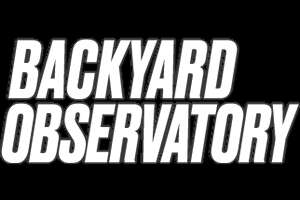Venus and Saturn will get close together in the sky this week, leading up to a conjunction between the two planets.
Throughout January , stargazers have the opportunity tosee five satellite with the au naturel eye . Venus , Mars , Jupiter , and Saturn are hanging out together over the horizon in a somewhat rare visual aspect . you may even chance Mercury if you are out at the correct time .
In the thick of that tableau , you will see Venus and Saturn slowly come together for a conjunction in late January . The two planet are start out closer and closer in the Nox sky . You will find the brace along with Jupiter in the southwest sky just after sunset each evening .
Starting January 18 , they will be near each other for a few Night sit not too far above the horizon . Nox by Nox Saturn is getting a picayune scummy in the sky as Venus rises . They will continue to get closer each night until January 22 , when the two planet will be separate by just a third of a stage , according toNASA ’s Jet Propulsion Laboratory .

William Attard McCarthy - McCarthy’s PhotoWorks / Moment via Getty Images
That aloofness is small enough that you could see the planets at the same time through binoculars . Then , on January 23 , as the two major planet begin to move apart from the anterior eve ’s conjunction , the crescent moon will join them , creating a beautiful triplet .
The moonlight will continue to rise in the day after its meeting with Venus and Saturn . It will have a close encounter with Jupiter on the night of January 25 , with the two celestial objects ride just a degree aside from one another . There are a whole lot of chance to see the planets looking great in January .
Ready to go stargazing?
Here are allthe secure stargazing eventsthat you’re able to get out and see this year or you could stay in astream the northerly lightsfrom home . If you ’re just getting started , check out ourguide to uranology for beginnersoreasy stargazing road misstep from big US cities .


Via NASA Jet Propulsion Laboratory YouTube

Via NASA Jet Propulsion Laboratory YouTube